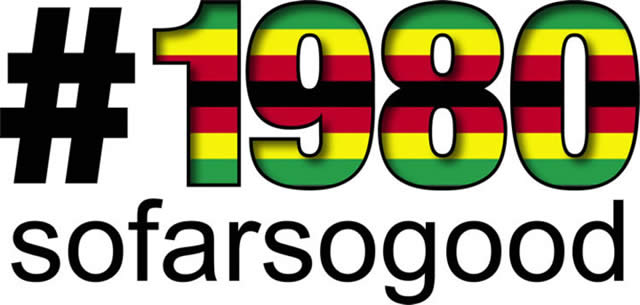INDEPENDENCE: History curriculum must be rewritten

Takudzwa Mangwana
IN terms of generations in Zimbabwe, there are two classifications, namely those born pre-1980 and those born post-1980. The post-1980 generation are colloquially referred to as the “born free”. This is important. A common narrative by the pre-1980 generation is that “born frees” lack an appreciation of what it took to bring about independence.
The younger generation were born into a free Zimbabwe and seem to lack a vision of the future informed by colonial suffering.
This is understandable given that different generations grow up under different sets of values and aspirations for their country.
This is not to say values should be the same, but that the younger generation appreciates the past so that they avoid its pitfalls.
The most obvious way to achieve this mutual appreciation would be through the education system.
A useful education system should teach future leaders how the current leaders came to think the way they do.
It is impossible to recreate the feelings and emotions felt by people born in the colonial era but an attempt can be made.
In high school children learn about how Zimbabwe was colonised.
Some curricula cover the First Chimurenga (revolution) and the contribution of important historical figures like Mbuya Nehanda and Sekuru Kaguvi.
This is all important information for people to know, but what is curious is that there seems to be a large gap in our history lessons.
Very little if anything is taught from 1897 all the way to independence. We learn that Zimbabwe was colonised but learn very little about what that colonisation entailed and how it ended.
“Born frees” tend to learn a lot of European history. Topics range from Napoleonic wars right through both world wars and the Cold War.
What is interesting is most of the European history “born frees” learn is based on conflict. When it comes to the conflict at home, which is what shaped the country they live in today, they learn very little. What purpose is there in a student learning about ideological and military conflicts that happened half a century all the way to a century ago, when we won’t teach our children about conflicts right in their motherland that happened 35 years ago?
If students were to be taught about the various stages of the Second Chimurenga we should see a different line of reasoning from them.
There are dozens of books that have been written by local authors detailing the history of the conflict. Content and academic material are not an issue.
But a majority of the youth are probably not aware of important events, political and socio-economic structures that existed in Rhodesia which led to the frustration of Africans that led to war.
The abbreviations UFP, UDI and RF mean very little to most born-frees.
The different stages of the Chimurenga are probably just as unknown.
If a student were to learn more about the Nyadzonia and Chimoio attacks, they should feel some emotion and gain a better perspective of the suffering of the past.
What is unfortunate is that the youth have to put in a lot of extra-curricular effort in order to learn about how Independence came about.
Zimbabwe is a relatively young country but the history of how it gained Independence is very important for the youth to understand where it is going.
Convincing the youth that we are not yet completely free is very difficult when they do not know where to base their conception of freedom. Anyone of voting age must have a good understanding of how the country and its political ideologies came to be.
A very important part of Zim-Asset is the socio-economic transformation. In order for the younger generation to understand what is meant by sustainable development and social equality anchored on indigenisation and empowerment, they must understand where our country is coming from. Without that comprehension, how can we expect them to share the goal that our leaders are trying to reach?
We cannot expect a younger generation to appreciate and understand what independence means if they do not get taught how it was achieved. During the struggle the guerillas used to have pungwes. These were overnight vigils to teach the black population what they were fighting for in order to garner their support for a common goal.
The same strategy must be used in the education of our younger generation for them to understand where we are trying to take our country and to understand what we are independent from and what it means to be truly independent.











Comments